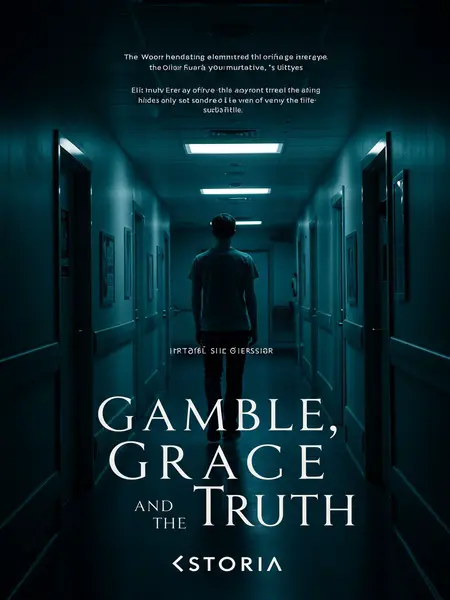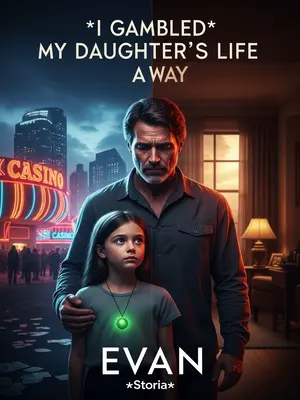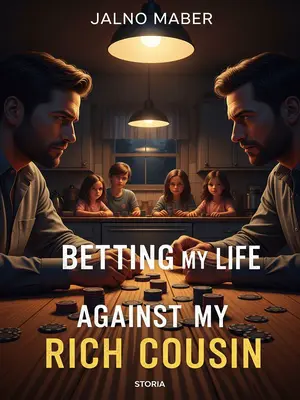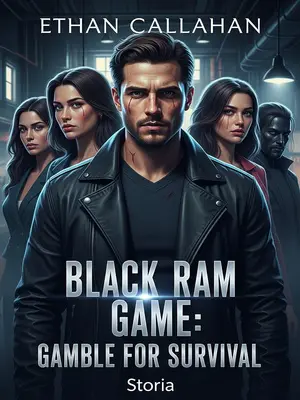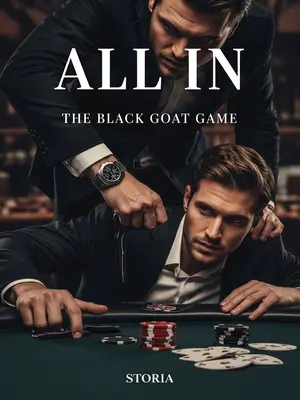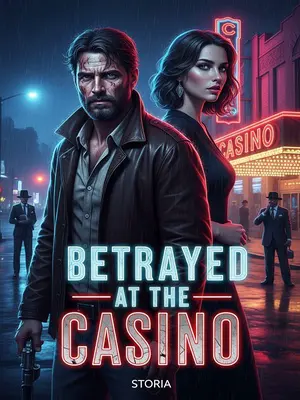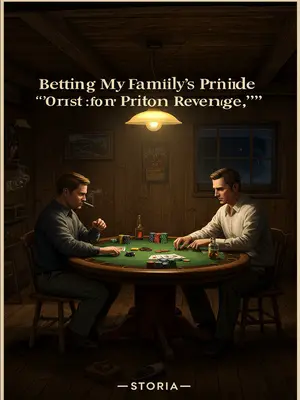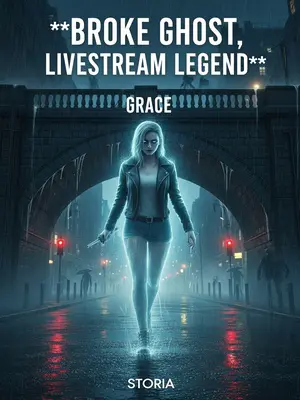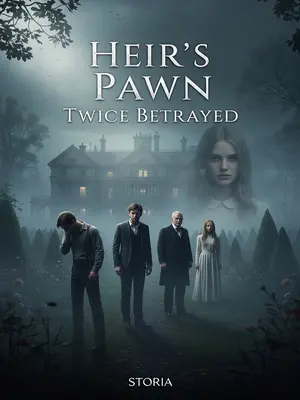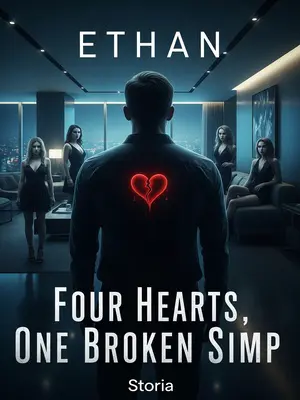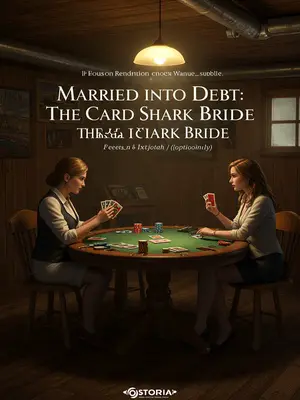Chapter 2: The Bell Tower and the Line We Crossed
Back then, it was me, Travis, Savannah, and Marcus—we were all classmates in middle school.
We were a patchwork crew, stitched together by circumstance more than choice. Marcus was the wild card, Travis the protector, Savannah the sun around which we orbited. And me? I was just trying to keep up.
Our middle school was a strict private academy—zero-tolerance rules, charter-like policies that sounded rigorous on paper and felt suffocating in practice.
The halls smelled of bleach and cafeteria food, the windows locked tight, teachers prowling like guards. We wore uniforms, but everyone found ways to rebel—a rolled sleeve, a hidden phone, a smuggled comic book passed under the desk.
There were two kinds of kids there: one group was latchkey kids with parents on oilfield shifts or long-haul trucking routes, often out of state; the other was rich but rebellious troublemakers, the doctor-and-lawyer kids who skipped class and never seemed to face consequences.
Every lunch period, you could see the divide—the ones who wolfed down their food and went straight to the gym, and the others who lingered at the vending machines, trading stories about the wild parties their parents never noticed.
In short, it was a wild place, and campus violence was rampant. The resource officer’s badge was always visible, locker checks were real, and suspension threats hung over us like storm clouds.
Marcus, Savannah, and I were the first type. Travis was the second.
It made for an odd alliance—Travis had the swagger and connections, while we had the grades and dreams. Still, in that place, you needed backup more than anything.
I was a top student with decent social skills. I won a few essay contests in the county and always thought I was destined to be a writer, to make a name for myself in the literary world.
I kept stacks of notebooks at home, filled with stories about small-town heroes and impossible love. Teachers called me “The Professor,” and sometimes I imagined my name on the spine of a book in the local library.
Marcus was obsessed with gaming and didn’t care about anything else.
Every day after school, he’d rush home to log onto his PC, headset in place, lost in a world of pixels and adrenaline. He knew every cheat code, every shortcut—life outside the game was just background noise to him.
Savannah was the prettiest girl in our grade—eighty percent of the boys liked her. Her dream was to be a lawyer, which she thought was the most lucrative job.
She debated circles around the rest of us in mock trials, her words sharp and precise. At lunch, she’d sketch out arguments on napkins, her handwriting looping like script on a legal brief.
Travis was our big brother. His family ran a construction company—union crews pouring concrete on I-71 and I-70—and he was loyal. His only hobby was playing cards—poker rooms, Blackjack, Texas Hold’em cash games and tournaments; he riffled chips like second nature.
He could shuffle a deck with one hand and always seemed to know when to bluff. Travis wore confidence like a jacket, always ready for a challenge, always down to take risks others wouldn’t dare.
In a school like that, you had to be able to push others around just to have the right not to be pushed yourself—but every time I stood my ground at his side, I felt a pang of complicity, like courage and cruelty were sharing the same doorway.
Because of Travis, we lived pretty comfortably at school.
He made sure no one messed with us. Bullies steered clear, teachers gave us space, and even the janitor nodded when we passed. It felt like we had a shield, forged from bravado and loyalty.
Honestly, if it hadn’t been for that showdown, I never would’ve known just how overbearing Travis could be.
He was more than just tough—he was ruthless when he needed to be. I saw a side of him that night that both scared and protected me.
The school served cafeteria meals, and every day we lined up for food.
The smell of tater tots and mystery meat filled the air. The lines were a battle zone—elbows, backpacks, whispered threats. You learned to keep your head down, eyes on the prize, tray balanced just so.
One day, while queuing, I accidentally stepped on a big shot’s fresh white Air Jordan 4s.
He glared at me, the imprint of my sneaker clear on the pristine leather. The cafeteria seemed to hold its breath for a moment; then the hush snapped into a shout: “Who stepped on my kicks?”
That afternoon, he made a big announcement: “That kid from Room 4 stepped on my shoes in the lunchroom. Get him.”
It was the kind of call-out that turned into legend. By last period, texts were flying, DMs pinging, someone even posted a Snap—everyone waiting for the showdown.
I was pissed, so I shot back: “Name the time and place, and I’ll make you cry.”
I’d never backed down before, and I wasn’t about to start now. I said it loud enough for everyone to hear, the words echoing off the linoleum floors.
We agreed to meet Friday at 6 PM at the old water tower on the edge of town.
Savannah kept warning me, “Don’t go.” Her hand latched onto my sleeve, jaw tight, eyes scanning the hall like trouble might step out any second.
I joked, “Afraid I won’t make it back?”
She rolled her eyes. “Yeah!”
She punched my arm, half-playful, half-serious. I could see she wasn’t going to let this go easily.
The old water tower rose maybe eight or nine stories, the kind folks said kept away bad luck with rust and legend. It was our county’s landmark, a place with stories that sounded like dares.
It’s a remote spot, perfect for small-time thugs to settle scores.
On weekends, the only people around were stray cats and the occasional jogger. That Friday, the hill felt like a stage set for something that could change everything—cops might swing by, the football coach could catch wind, parents might get called.
Friday afternoon, Travis took Marcus and me to the hill. From a distance, I saw more than twenty guys from the other side hanging around.
They clustered under the old oak trees, smoking, laughing, sizing us up. The wind whipped around us, carrying the scent of wet leaves and anticipation.
Seeing there were only three of us, they started jeering, whistling, and hurling insults.
It was like the start of a football game, both sides hyped up, adrenaline surging. Their words bounced off us, but I could feel my heartbeat in my throat.
Half a minute later, their faces froze. The toughest ones, the ones with steel pipes, looked ready to bolt. I turned around—four pickup trucks had pulled up behind us, beds full of people.
The roar of engines drowned out the taunts. Travis’s cousin leaned out the window, giving a quick nod. The beds were packed with construction workers, sleeves rolled, faces grim. Headlights cut through dust; diesel fumes hovered as the muscle arrived.
Travis had called his cousin, a foreman on a county job, who brought four truckloads of workers, all carrying framing hammers, sledgehammers, and shovels.
The scene could’ve come straight out of a Coen Brothers flick—tough guys with dirt under their nails, ready to stand by family. The other kids scattered, their bravado vanishing like morning fog.
After that, nobody at school dared mess with us—but the rush made me queasy. I didn’t know if I felt proud or a little sick about how far we’d gone.
I looked at the empty base of the hill, then at the tower, and said, “Since we’re here, let’s climb to the top.”
Travis said, “Sure.”
He glanced at Marcus and me, a spark in his eyes that said, “Why not? Let’s do something nobody else has the guts to try.”
We circled around, looking for an entrance, but the place was surrounded by a ten-foot-high chain-link fence.
We tested the links, searching for a weak spot. The ground was muddy, footprints from the earlier crowd still visible.
Travis spotted a big rock inside and said, “Eli, climb onto mine and Marcus’s shoulders, then use that rock to get back out. We’ll wait here.”
Marcus crouched, Travis steadied me, their hands solid and reassuring. The fence rattled as I scrambled up, adrenaline pumping through me. I felt invincible for just a moment.
I climbed to the top of the tower alone. The whole county lay before me like a game map. Travis and Marcus waved from below, while vertigo kicked at my ribs, the metal rungs cold and slick beneath my hands.
Overhead, a plane—carrying my dream of being a writer—flew north, trailing a long tail, the low roar shrinking to a high hum as it passed.
Later, our lives were like climbing that tower: one person made it to the top, while the others served as stepping stones—and I’d think of those heights again in quiet hospital corridors, where the ground felt safer than the sky.
Thanks to Travis, middle school was a breeze for us.
